Feeling a rush of emotions during pregnancy is normal, but when joy turns into persistent sadness, hopelessness, or anxiety, it could be more than just a "baby blues" phase. Knowing the difference and having a solid plan for help can protect both you and your baby.
Quick Takeaways
- Postpartum depression can begin during pregnancy and may last months after birth.
- Key warning signs include loss of interest, constant fatigue, intrusive thoughts, and feeling detached from the baby.
- Risk factors range from hormonal shifts and sleep deprivation to previous mental‑health issues.
- Early screening tools like the Edinburgh Postnatal Depression Scale catch problems before they worsen.
- Support options include therapy, medication, support groups, and practical self‑care strategies.
Postpartum Depression a mood disorder that can start during pregnancy or within the first year after delivery, characterized by persistent sadness, anxiety, and loss of interest in daily activities
About 1 in 7 new mothers experiences postpartum depression, according to recent UK health surveys. While the term suggests it only appears after birth, many women notice symptoms in the later stages of pregnancy. Early identification is vital because untreated depression can affect bonding, breastfeeding, and even the child’s development.
Why Pregnancy Triggers Mood Shifts
Pregnancy the nine‑month period when a fertilized egg develops into a baby inside the womb brings a cascade of hormonal changes-particularly rises and drops in estrogen, progesterone, and cortisol. These fluctuations can alter brain chemistry, leading to mood swings, irritability, and sleep disturbances.
Coupled with physical discomfort, body‑image concerns, and the looming responsibilities of parenthood, it’s easy to blur the line between ordinary stress and a developing mood disorder.
Common Signs & Symptoms
Symptoms can differ before and after delivery, but some overlap exists. Below is a quick reference.
| Stage | Emotional Indicators | Physical Indicators |
|---|---|---|
| Pregnancy (2nd‑3rd trimester) | Persistent sadness, anxiety about labor, feeling detached from the baby | Insomnia or oversleeping, loss of appetite, unexplained weight loss |
| Postpartum (first 12 weeks) | Hopelessness, guilt about not feeling maternal love, intrusive thoughts of harming self or baby | Severe fatigue beyond newborn sleep loss, headaches, digestive issues |
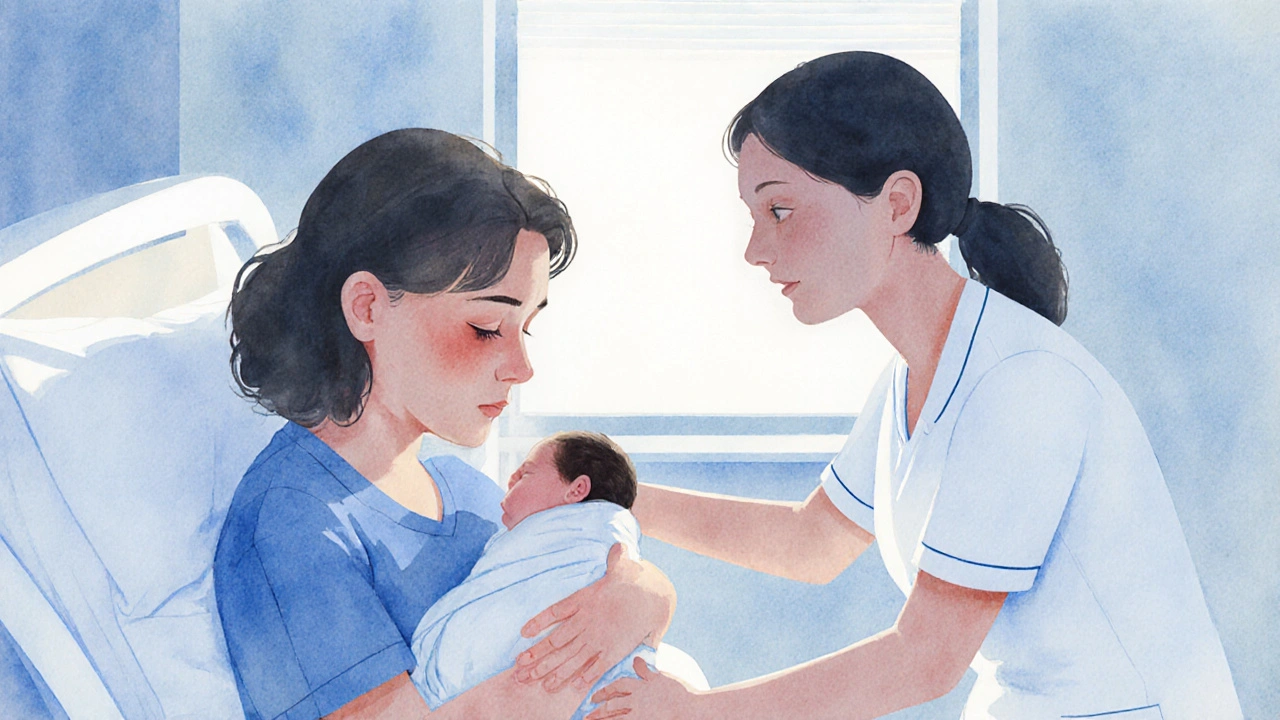
When Normal Mood Swings Turn Into Depression
It’s normal to feel overwhelmed, especially after a night of interrupted sleep. However, red flags appear when symptoms:
- Persist for more than two weeks without improvement.
- Interfere with daily tasks, such as caring for yourself or the baby.
- Include thoughts of self‑harm, harm to the baby, or inability to enjoy activities you once loved.
Key Risk Factors elements that increase the likelihood of developing postpartum depression, such as personal or family history of mood disorders, lack of support, or stressful life events include:
- Previous depression or anxiety episodes.
- Complicated or unexpected birth outcomes.
- Limited partner or family support.
- Financial strain or housing instability.
- Excessive hormonal swings, especially rapid drops in progesterone after birth.
How to Get Help - Screening & Professional Support
Most UK maternity services offer routine mental‑health checks. The most common tool is the Edinburgh Postnatal Depression Scale a 10‑question questionnaire that scores the likelihood of postpartum depression; a score of 13 or higher usually triggers a referral. If you score above the threshold, your Healthcare Provider your midwife, GP, or obstetrician who monitors your physical and mental health during and after pregnancy will discuss next steps.
Therapy options include:
- Cognitive‑Behavioral Therapy (CBT) a structured, short‑term talk therapy that helps reframe negative thoughts and develop coping strategies, often available via NHS referrals.
- Interpersonal Therapy (IPT), focusing on relationship dynamics and role transitions.
When therapy alone isn’t enough, Medication prescribed antidepressants such as sertraline or escitalopram, considered safe for breastfeeding under medical supervision may be recommended. Always discuss potential side effects and infant exposure with your prescriber.
Community & Self‑Care Support
Beyond formal treatment, everyday actions can make a huge difference.
- Support Groups local or online gatherings where mothers share experiences and coping tips, often facilitated by a mental‑health professional provide validation and reduce isolation.
- Lean on your partner: open conversations about feelings, division of chores, and dedicated “quiet time” can soften the load.
- Prioritize sleep: nap when the baby naps, ask family for a night‑time feed‑in, or consider safe co‑sleeping arrangements.
- Gentle exercise: short walks with the stroller boost endorphins and improve mood.
- Balanced nutrition: omega‑3‑rich foods (salmon, walnuts) support brain health.
Practical Checklist for New Moms
- Track mood daily for two weeks. Note any persistent sadness, anxiety, or intrusive thoughts.
- Complete the Edinburgh Postnatal Depression Scale during your 6‑week check‑up.
- If score is high, request a referral to a therapist or psychiatrist.
- Discuss medication options with your GP if therapy alone isn’t enough.
- Join a local or virtual support group within the first month.
- Set aside 15‑minutes each day for a calming activity (breathing, reading, gentle stretching).
- Ask your partner or a trusted friend to take over one nighttime feeding per week.
- Maintain a balanced diet and stay hydrated; consider a prenatal/post‑natal vitamin.
- Schedule a follow‑up appointment 4 weeks after any new treatment starts.
- Remember: seeking help is a sign of strength, not weakness.

Frequently Asked Questions
Can postpartum depression start before the baby is born?
Yes. Hormonal shifts and anxiety about the upcoming birth can trigger depressive symptoms as early as the second trimester. Early screening helps catch these cases before they worsen after delivery.
Is it safe to take antidepressants while breastfeeding?
Many SSRIs, like sertraline, have low levels in breast milk and are considered safe under medical supervision. Your healthcare provider will weigh benefits against any potential risks for your baby.
How long does postpartum depression typically last?
With proper treatment, most women see significant improvement within 12 weeks. Untreated cases can persist for many months or even years, underscoring the importance of early intervention.
What if I can’t attend in‑person therapy?
Online CBT platforms and tele‑health counselling have become widely available through the NHS and private services. They offer flexibility for new mums juggling feeding schedules.
Do partners experience postpartum depression too?
Yes, it’s called paternal postpartum depression. Partners can also feel overwhelmed, especially if they’re adjusting to new responsibilities. Recognizing and supporting each other is key to family wellbeing.

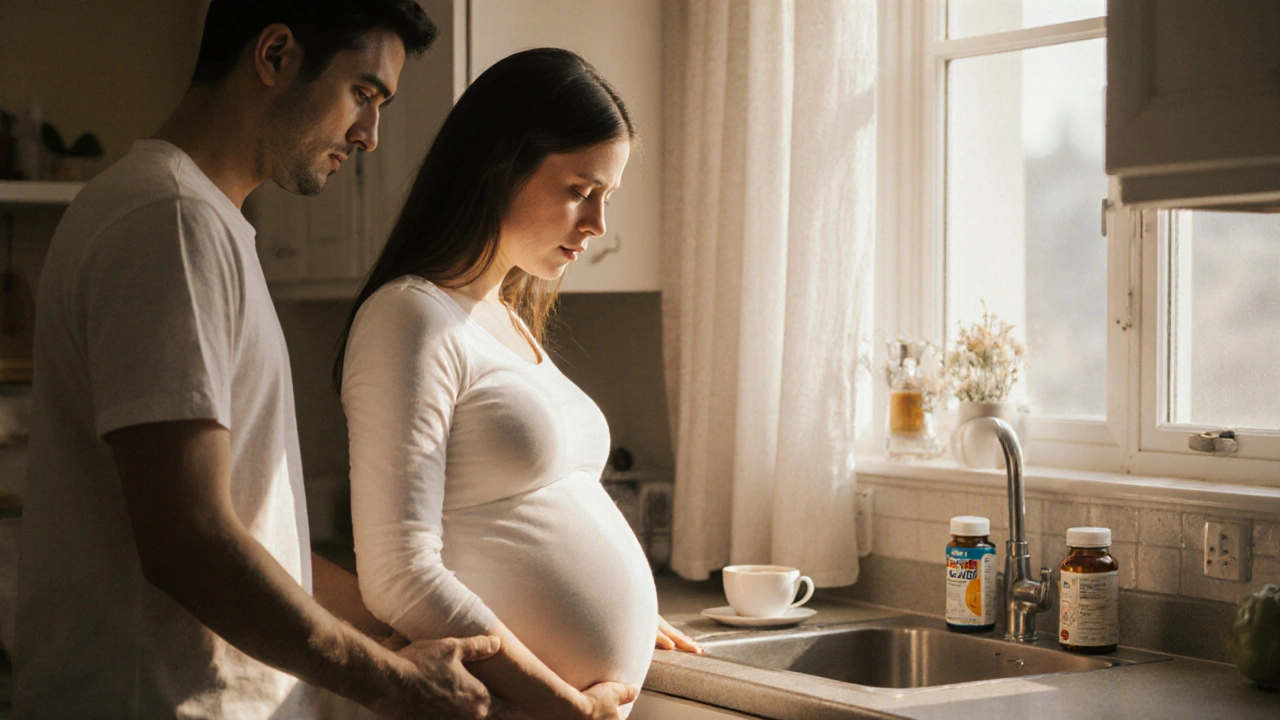
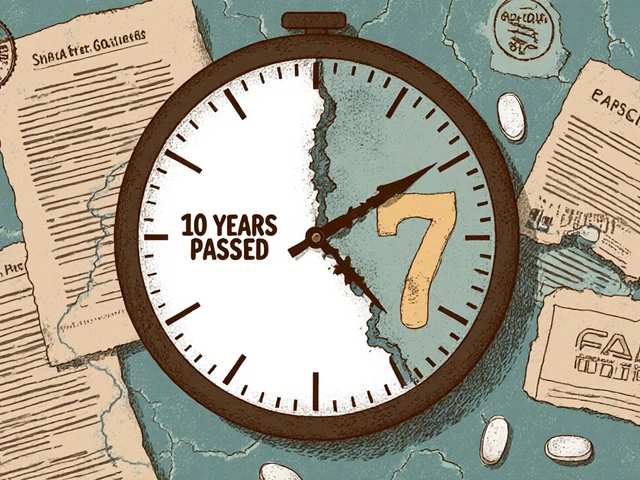
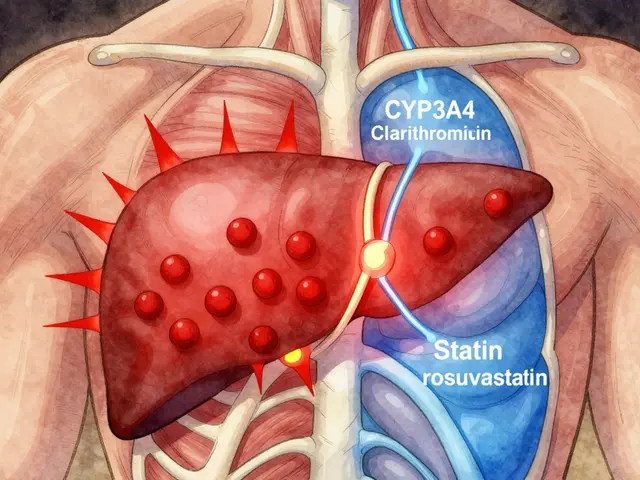

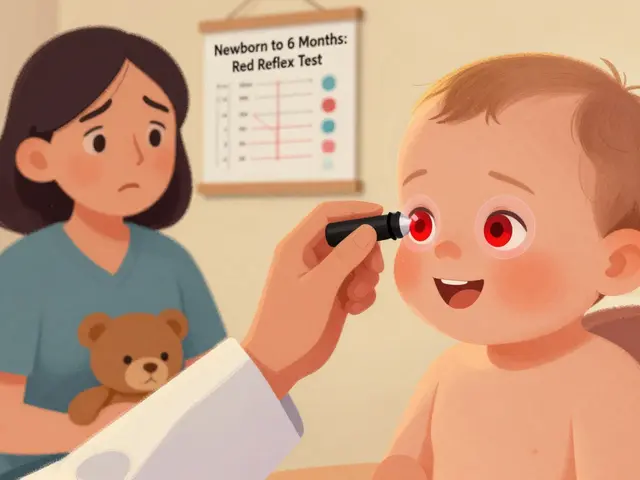



Sakthi s
28 Sep 2025 at 09:59You're not alone. This post saved me. I thought I was just failing as a mom. Turns out I was sick. Help exists.